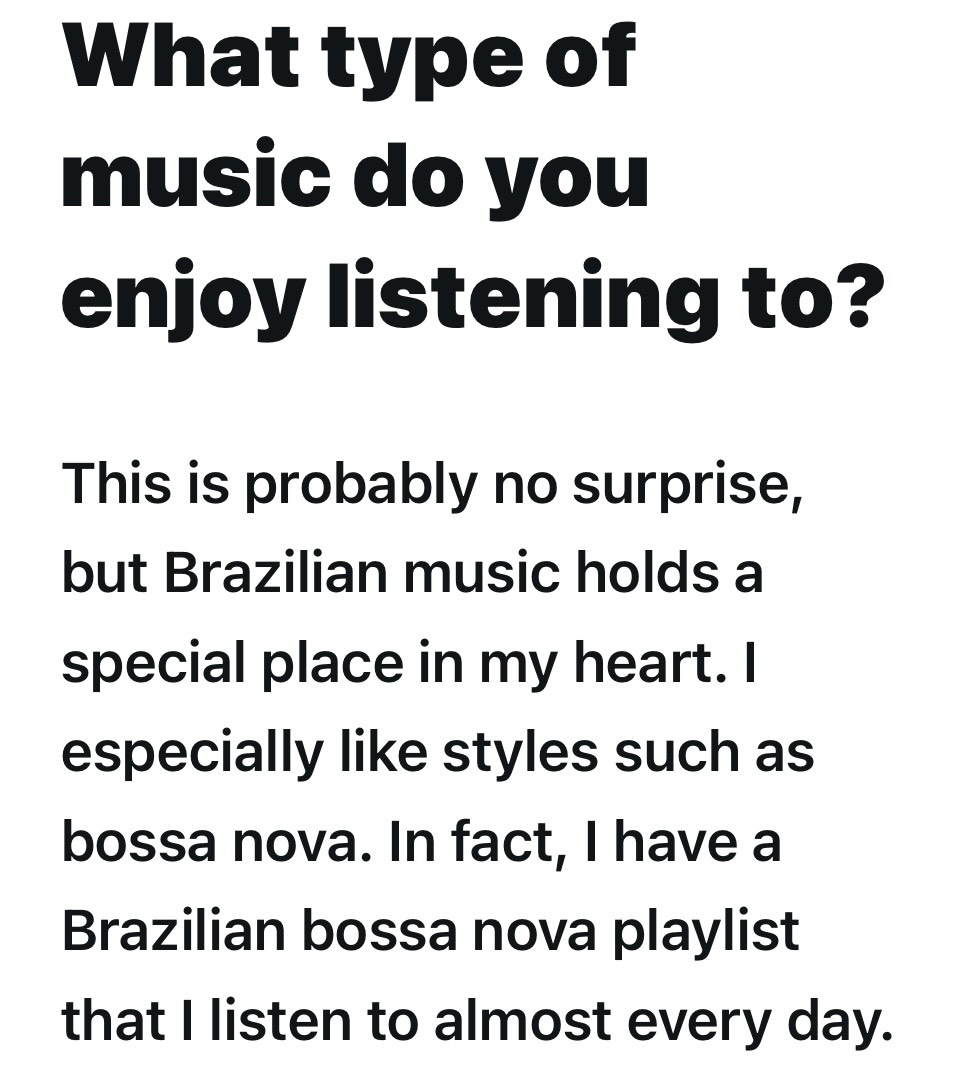This week, you will train to respond to a Part 2 cue card that asks your to speak about an actor or actress you admire. As always, this band 9 sample response was scripted by an active IELTS examiner.
Step 1: Tune in to this week’s podcast episode (audio and video version available below).
| Describe an actor or actress you admire. You should say -who he/she is -what he/she looks like -what kind of movies he/she appears in and explain why you admire this actor/actress |
| 🧑🎓Target language: down to earth -a person who is not pretentious “Additionally, he has a reputation for being kind and generous to his fans and colleagues, and he comes across as a very down to earth person in interviews.” |
Step 2: Listen to the sample a few times to get more familiar with the language.
Step 3: Engage this week’s full speech shadowing lesson. (If you do not yet have access, click here to sign up for full lessons.)
Step 4: Below is Monday’s speech exercise. Post yourself saying this excerpt to your Whatsapp group. Exercises for Tuesday to Friday will be posted in the group by your instructor. (If you have not yet been added to a group, click here to sign up – select ‘Join a Whatsapp group’.)
| Post yourself saying this into your Whatsapp group!🗣️📲 “One actor I greatly admire is Tom Cruise. He is an internationally renowned actor and producer, known for his dedication to his craft and his impressive filmography.” |
Step 5: It’s very important that you note any new language items or pronunciation points from this week’s lesson in your journal to help you chronicle your improvement.📝
Transcript
| Describe an actor or actress you admire. You should say -who he/she is -what he/she looks like -what kind of movies he/she appears in and explain why you admire this actor/actress |
One actor I greatly admire is Tom Cruise. He is an internationally renowned actor and producer, known for his dedication to his craft and his impressive filmography.
What more can I tell you about him? Tom Cruise is an American actor who has been a prominent figure in Hollywood for over three decades. Tom Cruise has a very distinctive appearance, and I think it’s safe to say most people would describe him as ‘handsome’. He is of average height and is known for his confident smile.
As for the movies he appears in, his films tend to span several different genres. I guess these days he is best known for roles in action films such as the Mission: Impossible series. However, he has also starred in dramatic movies like Jerry Maguire, Eyes Wide Shut and Minority Report, so I feel he is quite versatile in his acting.
There are several reasons why I admire Tom Cruise. Firstly, his willingness to push boundaries is truly inspiring. For example, he does a lot of his own stunts. I heard that several of the high-speed chases in the Mission: Impossible movies were carried out by him. Tom Cruise is also known for his professionalism and work ethic on set, which I think is admirable. Additionally, he has a reputation for being kind and generous to his fans and colleagues, and he comes across as a very down to earth person in interviews.

